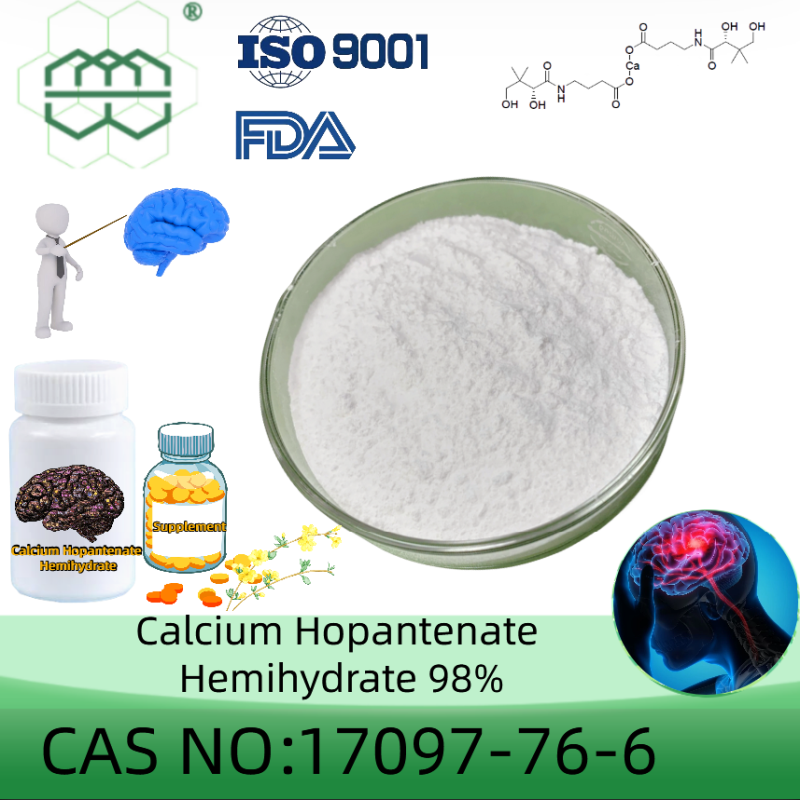So smelling and gaining weight? Research confirms this!
-
Last Update: 2021-03-07
-
Source: Internet
-
Author: User
Search more information of high quality chemicals, good prices and reliable suppliers, visit
www.echemi.com
is the strongest April day in spring, and April this year is also a day when many people worry about getting fat, because people who have been in the country for a long time find themselves significantly fat, which is inextricable from eating more, exercise less, and eating high-calorie foods. But you know, the hardest thing is not to "drink water to gain weight", but even smell some smells will gain weight.
doesn't that sound particularly surprising? A recent scientific study found that the increase in lipid reserves in experimental animals was not caused by eating more and moving less, but by smelling a smell.
The study, led by Wang Meng, a professor at Baylor College of Medicine in the United States, led a team that used worms as an experimental vector to reveal the mechanisms by which olfactory specificity affects lipid metabolism, according to research published in The International Journal of Nature Communications.
do you choose a worm as your subject? There are several patterns of organisms in their laboratories, such as mice, fruit flies, and worms. However, "in studying lipid metabolism, the worm system has many advantages: small size, short life cycle, and easy mass culture and bio-chemical analysis." Wang Meng said in an interview with China Science Daily.
addition, the number of nematode cells is fixed, and the composition, location, and connection networks of neurons are clear enough to help reconstruct the regulatory process from sensory neurons to exosome organs. At the same time, nematodes are transparent, and combined with the laboratory's excited Raman scattering microscopy technology, they can be directly mounted to observe lipid changes and quantitative analysis, which also makes this study possible.the laboratory has long explored the mechanisms by which the outside environment regulates aging and metabolism. They have previously found that the worm's olfactory feelings about its food bacterial line can affect the reproductive aging process.
, lead author of the paper and a graduate student at Baylor College of Medicine, made the hypothesis that smell can also affect other physiological activities of the worm. So she collected various genetic mutants known to be involved in the olfactory process and observed changes in physiological indicators such as life expectancy, development time, number of offspring, lipid storage, and so on.
through genetic screening, the researchers found that mutations in the bird nucleotide cyclase daf-11 significantly increased the lipid content of the nematode's intestines (the nematode's fat is mainly stored in the intestines), and the gene acted on the olfactory neuron AWC. By using genetic mutants and photogenetics, they further divided the relationship between asymmetry of AWC neurons and olfactory regulation of lipid metabolism, and traced them back to the downstream intermediate neurons of the AWC neuron path. The asymmetry of AWC neurons comes from the asymmetric expression of olfactory receptors, which results in a specific perception of odor molecules.
, we suspect that different odor molecules may have a specific regulatory effect on the lipid reserves of the gut. 'Through small-scale screening, they found that butylone directly increases the lipid content of nematodes, a regulatory effect that depends on the perception of butylone by AWC neurons,' co-author Gao Shihong, a graduate student at Baylor College of Medicine, told China Science Daily.
Interestingly, the effect of butylone, without direct contact, is visible within four hours, and the effect is reversible, when the smell of butyl ketone is removed, the intestinal lipid content of the worm can quickly return to normal levels. After sorting out the upstream neural pathps, the team found that AIY neurons released neuropeptides and acted on neuropeptides in the intestines, and regulated lipid breakdown metabolism by activating SGK-1 kinases and FOXO transcription factors.they concluded that butylone may not be the only odor that affects lipid metabolism.
previous pathological studies have found a correlation between pathological obesity and olfactory recognition disorders, and some studies have suggested that patients with anorexia errogen are more sensitive to olfactory recognition. But correlation and causality did prove difficult, as removing or enhancing olfactory awareness in mouse experiments protected mice from obesity on a high-fat diet. This performance is also conditional and manifests itself only in high-fat diets and does not affect the lipid metabolic balance during normal eating.
This study suggests that only a small part of the million odors is likely to play a key role in regulating, and may explain the insistinges between the original studies because of the different genetic and surgical methods used to manipulate olfactory perceptions, which may affect different groups of receptors.
Overall, this study shows that changes in metabolic strategies brought about by olfactory signals are likely to be common in animals, providing a new perspective on the regulation of lipid metabolism and the physiological role of olfactory, and perhaps new ways to prevent and treat obesity in the future.
then, a larger screening of the worms may result in a range of physiologically influenced odor molecules, and mammalian studies can determine whether these factors are conservative." Of course, it's too early to say whether there will be a smell of weight gain or weight loss based on available evidence, but targeting the sense of smell has a natural, noninvasive therapeutic advantage. In the future, when there are more tools in our odor tool library, promising odor drugs may appear. Wang Meng said.
relevant paper information:
This article is an English version of an article which is originally in the Chinese language on echemi.com and is provided for information purposes only.
This website makes no representation or warranty of any kind, either expressed or implied, as to the accuracy, completeness ownership or reliability of
the article or any translations thereof. If you have any concerns or complaints relating to the article, please send an email, providing a detailed
description of the concern or complaint, to
service@echemi.com. A staff member will contact you within 5 working days. Once verified, infringing content
will be removed immediately.







